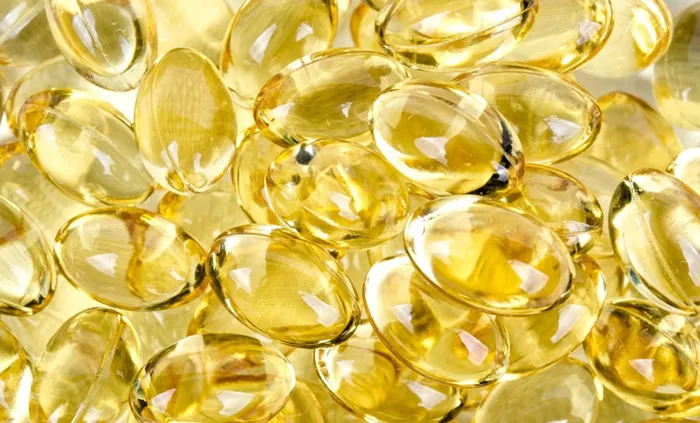Vitamin D has long been linked to boosting the immune system. But a new study suggests it might not be as helpful for preventing colds as once thought.
What the New Research Found
A new review published in The Lancet looked at 46 studies involving more than 64,000 people. The researchers wanted to know whether taking vitamin D supplements lowers the risk of getting acute respiratory infections—like the common cold, bronchitis, or pneumonia.
The result? People who took vitamin D were not much less likely to get sick compared to those who took a placebo. In short, there was no strong evidence that vitamin D supplements offer real protection against colds.
A Look Back at Earlier Research
This new review builds on a 2021 study by the same research team. That older study showed a small benefit, but only barely reached statistical significance. When researchers added six more recent studies, the overall benefit disappeared.
Dr. Neil Schluger, a lung disease expert at New York Medical College, said this outcome makes sense. He explained that the biggest and best-quality studies so far haven’t shown any real benefit to taking vitamin D to prevent respiratory infections.
It’s Complicated: Who Might Still Benefit?
Dr. Carlos Carmago, one of the lead authors of the study, said the full picture is more complex. He noted that people who are low in vitamin D to begin with might still benefit from supplements—especially if taken in small daily doses. But when you group everyone together, those benefits can get lost in the overall results.
“People want a simple yes or no answer,” Carmago said. “But when it comes to vitamin D, the truth is—it depends.”
Should You Still Take Vitamin D?
Even if it doesn’t prevent colds, vitamin D is still important for your health. It helps keep your bones strong, supports nerve and muscle function, and reduces inflammation in the body. Some people may need extra vitamin D, especially if:
- They live in places with little sunlight
- They have osteoporosis or other bone conditions
- Their doctor has tested them and found they’re low in vitamin D
- If you’re thinking about taking a supplement, talk to your healthcare provider first.
Ways to Get Vitamin D Naturally
There are a few ways to get more vitamin D:
Sunlight: Your skin makes vitamin D when exposed to sunlight.
Food: You can find vitamin D in fatty fish like salmon or tuna.
Fortified foods: Many milks, cereals, orange juices, and breads have added vitamin D.
Dietitian Darby agrees: “Most people can get enough vitamin D through their food, especially if they eat a balanced diet.”
The Best Ways to Avoid Getting Sick
Vitamin D isn’t a cure-all, and no supplement can totally stop you from getting a cold. But doctors say there are proven ways to keep your immune system strong:
- Eat a healthy diet full of fruits, vegetables, and whole grains
- Avoid smoking or using tobacco products
- Get vaccines that protect against illnesses like the flu and pneumonia
- Wash your hands regularly and avoid close contact with people who are sick
Dr. Schluger also reminds people not to rely too heavily on vitamins unless your doctor recommends them. “Unless a doctor finds a real deficiency, there’s not much proof that supplements help,” he said.
Related topics:
- Psilocybin Use Sees Sharp Rise, Especially Among Young and Older Adults
- New Oklahoma Research Center Fights Health Risks For Rural Kids
- How the Brain Chooses What to Remember First


